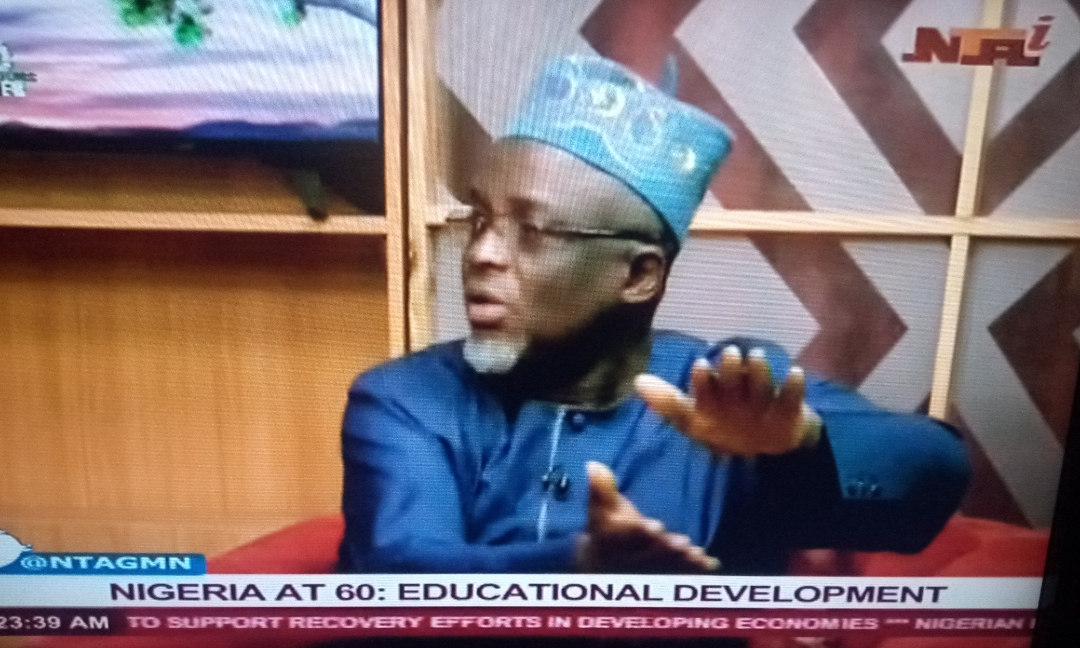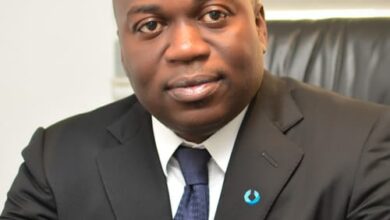Leadership with Taqwa: Nigeria needs accountability, not perfection

By Al Imam Engr Abdulhakeem Demola Raji
In a nation where leadership often struggles under the weight of ego, denial, and corruption, recent developments in Nigeria’s educational sector have offered a timely and profound reminder of what genuine, God-conscious leadership (taqwa) should look like.
During the recently concluded Unified Tertiary Matriculation Examination (UTME), several candidates encountered unexpected system errors that affected their results. In a society conditioned to expect deflections, cover-ups, or silence, the response of Professor Is-haq Oloyede, Registrar of the Joint Admissions and Matriculation Board (JAMB), was a breath of fresh air and a reflection of what Islamic leadership demands: humility, responsibility, and sincerity.
Accountability: A Divine Standard
Leadership in Islam is not about attaining perfection; it is about fulfilling trust (amanah) with integrity. The Prophet Muhammad (peace and blessings be upon him) said:
“Each of you is a shepherd, and each of you is responsible for his flock.” (Bukhari & Muslim)
When confronted with the situation, Prof. Oloyede did not resort to blame games. He accepted the fault, publicly apologized to affected candidates and their parents, and swiftly initiated corrective measures. This is not weakness, it is strength. This is not failure—it is ihsan (excellence) in leadership.
As Allah commands in the Qur’an:
“Indeed, Allah commands you to render trusts to whom they are due and when you judge between people, to judge with justice.” (Surah An-Nisa, 4:58)
Prof. Oloyede’s actions were a practical demonstration of this verse. He chose the path of justice over personal pride, and truth over preservation of image.
Citizenship with Integrity
Equally commendable were the parents who raised sincere concerns. Rather than accept confusion or silence, they sought clarity with dignity. Their vigilance became the voice of justice that triggered deeper scrutiny into the system’s failure. In doing so, they embodied a vital role that the Muslim Ummah and broader society must uphold: speaking the truth to power respectfully and persistently.
Umar ibn al-Khattab (may Allah be pleased with him), the second Caliph of Islam, once said:
“There is no good in you if you do not speak, and no good in us if we do not listen.”
This beautiful interaction of a leader willing to listen and citizens willing to speak, builds trust and nurtures reform. This is the essence of good governance in Islam.
Rejecting the Culture of “Cancel After One Mistake”
Some have called for Prof. Oloyede’s resignation over this incident. Such reactions reflect a destructive mindset. In Islam, a mistake does not erase a lifetime of sincerity, especially when repentance, correction, and redress follow. Even the most pious Companions of the Prophet (SAW) made errors, yet they remained leaders because they were humble enough to correct themselves.
Prof. Oloyede’s leadership has restored credibility to JAMB, recovered billions of naira for the nation, and implemented digital reforms that have drastically reduced examination fraud. To reduce his efforts to a single episode of technical error, one he has already acknowledged and addressed is both unjust and unwise.
Defending Reform, Not Romanticizing the Past
Let us not forget that before his tenure, JAMB was plagued by corruption, missing scripts, and backdoor admissions. Those now subtly wishing for his exit are, knowingly or unknowingly, making way for a return to that era of mediocrity. This is not just a betrayal of educational progress—it is an insult to justice.
The Qur’an warns:
“O you who believe! Be persistently standing firm for Allah, witnesses in justice, and do not let the hatred of a people prevent you from being just.”
(Surah Al-Ma’idah, 5:8)
We must not allow personal grievances, political interests, or fleeting emotions to overpower truth and fairness.
A Call to National and Moral Maturity
This episode is a test, not of one man’s leadership alone, but of our national conscience. Can we support accountability without being vindictive? Can we defend reform without becoming blind to imperfection?
Islam calls us to balance: to uphold truth with compassion, to criticize constructively, and to honor integrity wherever it appears.
Conclusion: The Way Forward
Nigeria’s hope does not lie in perfect leaders, for none exists. It lies in raising and retaining God-fearing leaders who acknowledge mistakes, serve with sincerity, and fear Allah in their duties.
Prof. Is-haq Oloyede has demonstrated such qualities. He is not above error, but he is above concealment and pride. To push such a man out of office is not just shortsighted, it is dangerous for the morale of all honest public servants.
May Allah guide our leaders, grant them sincerity and justice, and raise among us men and women who lead with taqwa, speak with truth, and serve with humility.
*Al Imam Engr Abdulhakeem Demola Raji MNSE MNIEEE R. COREN
Grand Chief Imam of Sepeteri Land









